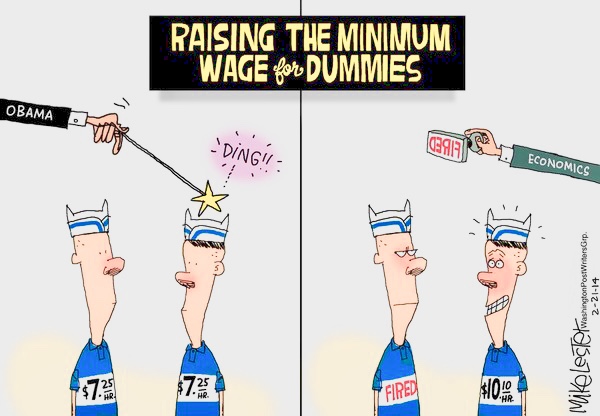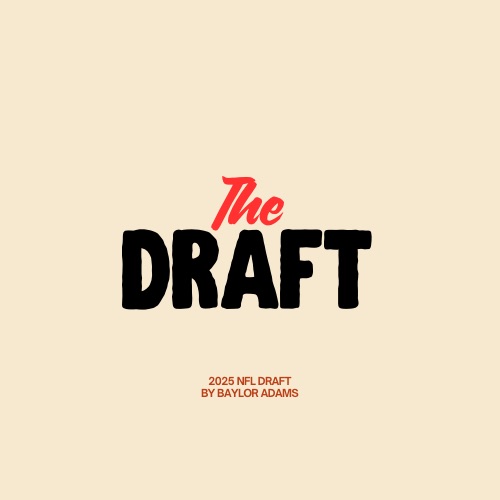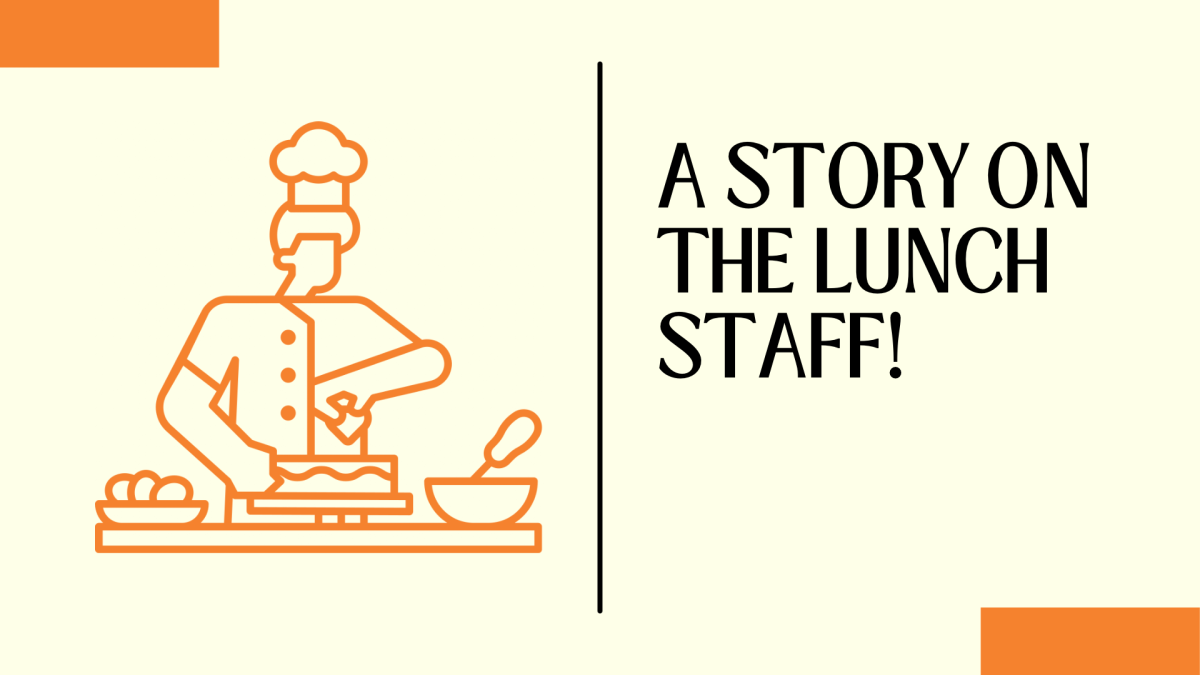Increasing Minimum Wage Raises More Than Our Salaries
The campaign to raise the minimum wage is on fire, but so is our economy

December 9, 2017
Raising the minimum wage in the United States has been a point of controversy since it was first proposed in 2008. While the idea of earning more money without working more hours appeals to many people across America, raising the minimum wage would actually hurt people more than it would help them.
In 2008, newly elected President Barack Obama proposed raising the minimum wage from $6.55 to $9.50 by 2011. While Obama did not accomplish his goal of drastically increasing the minimum wage by $2.95 in three years, in seven years, Obama raised the minimum wage to $7.25. However, Obama was not satisfied, as he continued to push for another increase in minimum wages – this time to $10.10. While Obama is no longer in office, his campaign to raise the minimum wage is on fire.
The minimum wage in the United States has increased exponentially over the years. The minimum wage was created by the Franklin Delano Roosevelt via the Fair Labor Standards Act in 1938, which set the minimum wage at $0.25/hr, the current equivalent being $4.19/hr. Since 1938, the minimum wage has been raised 22 times, the highest increase in history occurring in 1968 by Lyndon B, Johnson, which was $10.75/hr ($1.60/hr) in modern currency standards. Raising the minimum wage to $10.10 would be the second highest increase in history.
The current federal mandated minimum wage is set at $7.25, but in 20 states as well as the District of Columbia, the minimum wage is higher than the federal standard. In these 20 states, their individual economies are not collapsing and there is no repeat of the 2008 recession, and unemployment is not a raging epidemic as it was during the Great Depression when the minimum wage was created. So why is raising the minimum wage across all states a big issue?
The Economic Policy Institute released a report stating that increasing the minimum wage from the current $7.25/hr to $10.10/hr would introduce 22.1 billion dollars into the economy thus creating 85,000 jobs in a mere three years, however the wage increase would result in a loss of 500,000 jobs. So overall, raising the minimum wage would cause 415,000 jobs to evaporate in three years, which means that the 22.1 billion dollars that the minimum wage increase is supposed to put into the economy is actually only the monetary leftovers of the earnings of the 500,000 jobs after the subtraction of 415,000 jobs. The iconic economist, and known opposer of increasing the minimum wage, Milton Friedman, articulated that “… People whose skills are not sufficient to justify that kind of a wage will be unemployed.”
Raising the minimum wage not only hurts current employment rates, but would destroy potential employment opportunities for future generations, and possibly ours. 50.4% of minimum wage earners are between the ages of 16 and 24, and 24% of minimum wage earners are teenagers (13-19). One of the more prominent minimum wage increases appeared in July of 2009 by Barack Obama, raising the minimum wage from $6.55/hr to the current $7.25/hr. Directly after this increase, the teenage employment rate fell 8%, and has not gone up, or returned to the original percentage. A 2005 study conducted and published by Cornell University concluded that “A long term 10% increase in the earnings of low skilled workers could decrease high school enrollment rates as much as 5-7%,” and as teenagers drop out of high school for the sake of working minimum wage jobs, their future employment options and opportunities are significantly reduced.
Dan Boudreaux, PhD, Adjunct Scholar at The Cato Institute explained that “The minimum wage cuts off the first rung of the employment ladder, and it is that first lowest paying rung that provides the skills and experience workers need to reach the next rung.” So, increasing the minimum wage makes upward mobility harder to achieve for employees, and traps them in a cycle of low quality jobs, which prevents people from having the opportunity to advance to a job of their choice.
Increasing the minimum wage hurts both small businesses and large chain businesses. According to a 2013 Gallup Poll, raising the minimum wage to $10.10/hr will hurt 60% of small business in the U.S., and could potentially cause many of them to go out of business. At the very least, raising the minimum wage for small business means that businesses are unable to hire more employees, or even keep their current ones, which dramatically decreases the chances of small businesses to expand and create chains.
In 2015, a Purdue University study discovered that raising the minimum wage in large businesses such as the fast food industry would cause a 4.3% increase in the price of the product, and a 12% size decrease in the product, which means that at McDonald’s, you would be paying more money for less hamburger.
Raising the minimum wage is a drastic move that should not be taken as it would hurt our economy, our business, and us. The repercussions of raising the minimum wage would be felt on many levels, both statewide and personal, from portion sizes at fast food restaurants, to career advancement.





































